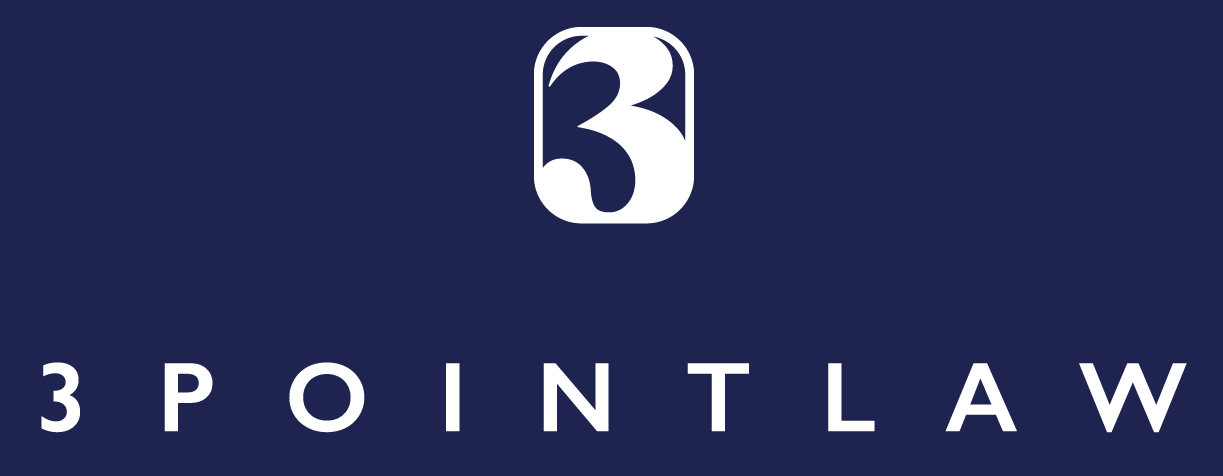Decentralized Autonomous Organizations (DAOs) are revolutionizing how organizations operate, leveraging blockchain technology to enable decentralized decision-making and governance. However, they face a big question: should they incorporate and adopt legal wrappers, or remain unincorporated? This post will help you understand the pros and cons of each option.
Why Incorporate a DAO?
Incorporating a DAO means creating a legal entity that can interact with traditional financial and legal systems. Here’s why this might be a good idea:
1. Legal Protection
Incorporation grants legal recognition, simplifying the process for a DAO to enter contracts, hold property, and be recognized by courts. By wrapping a DAO in a limited liability entity, members are shielded from personal liability for the DAO’s actions and debts, which is vital when dealing with significant financial transactions and projects.
2. Access to Financial Systems
A traditional legal entity can open bank accounts, apply for loans, and work with financial institutions that require legal recognition. This access is vital for the DAO’s growth and scalability.
3. Building Trust
Incorporation can enhance a DAO’s credibility with investors, partners, and users by showing a commitment to legal compliance and long-term stability. This credibility is particularly appealing to investors and potential partners.
Why Stay Unincorporated?
Staying unincorporated has its own set of advantages:
1. Maintaining Decentralization
Incorporation often requires a central point of contact or decision-making body, which can undermine the decentralized ethos of Web3 and decentralized nature of DAOs. Remaining unincorporated helps keep the structure fully decentralized, with power distributed among all token holders.
2. Avoiding Regulatory Burdens
Incorporation introduces various regulatory and administrative requirements, such as annual tax filings, reporting, and compliance with other local requirements. These can be costly and time-consuming, particularly for smaller DAOs or those operating internationally.
3. Flexibility and Innovation
An unincorporated DAO can be more flexible, quickly adapting to new opportunities and market changes without being tied down by legal structures. This agility is crucial in the rapidly changing blockchain space.
The Middle Ground: Legal Wrappers
Some DAOs utilize legal wrappers – a traditional legal entity that interacts with the external world on behalf of the DAO while keeping its decentralized nature internally. This approach offers a blend of both worlds:
Benefits of Legal Wrappers
- Limited Liability: Members are offered protection from personal liability.
- Regulatory Compliance: The wrapper handles regulatory obligations, allowing the DAO to focus on innovation.
- Operational Flexibility: Maintains the core decentralized nature of the DAO.
Challenges with Legal Wrappers
- Complexity: Establishing and maintaining a legal wrapper can be complex and require ongoing legal and administrative efforts.
- Cost: There are costs associated with forming and maintaining a legal entity (or entities), which can vary depending on the jurisdiction of incorporation.
Lessons from the Ooki DAO
The United States Commodity Futures Trading Commission (CFTC) lawsuit against Ooki DAO highlights the risks of operating without legal entities and wrappers. The CFTC sued Ooki DAO for running an unregistered crypto trading platform and not implementing necessary Know Your Customer (KYC) and Anti-Money Laundering (AML) procedures. The CFTC held DAO token holders who voted on governance issues liable, demonstrating that participation in DAO governance could lead to personal liability (see more at Kramer Levin).
This underscores the importance of considering legal structures for DAOs. While the decentralized nature of DAOs is appealing, the lack of legal recognition can expose members to significant risks. Incorporating or using a legal wrapper can help to mitigate these risks and provide a framework for compliance with regulatory requirements.
Conclusion
Deciding whether to incorporate a DAO depends on its specific goals, operations, and generally – a risk tolerance. Incorporation offers legal protection and credibility but can compromise decentralization and introduce regulatory and administrative complexities. Staying unincorporated preserves flexibility and decentralization but lacks legal recognition and protection. Legal wrappers provide a hybrid solution, offering benefits of incorporation while maintaining the decentralized nature of a DAO.
As the regulatory landscape for blockchain and decentralized entities evolves, DAOs must carefully consider their structure and legal status to best position themselves for growth. At 3PointLaw, we specialize in navigating such complexities of Web3. Contact us today to explore how we can help you chart the best path forward.





One Response